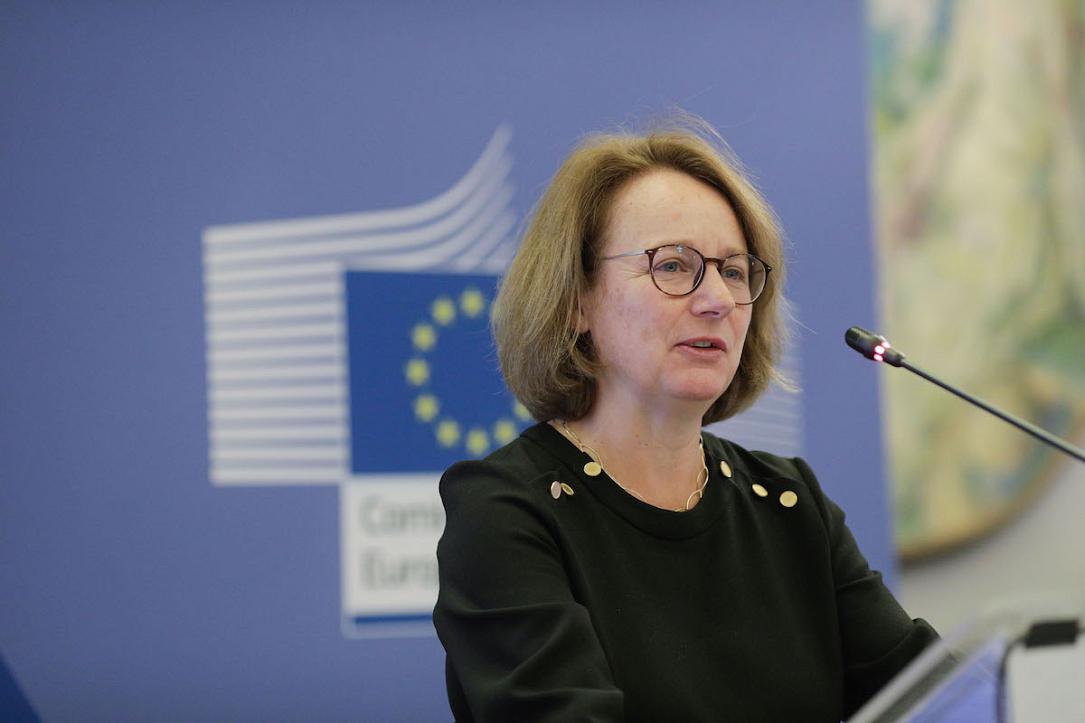EC "very concerned" by Romania's fiscal slippage, delayed Resilience reforms



European Commission (EC) officials visiting Bucharest from March 18 to 21 said that they are "very concerned" about Romania's expected fiscal slippage this year. They urged the Government to take action before the end of the year and warned that the country may lose part of the Resilience Facility money because the reforms behind the disbursement requests are advancing slowly.
The fiscal slippage and sluggish implementation of the National Resilience Plan (PNRR), particularly the targets linked to the third disbursement request (corporate governance in state companies and several green energy projects), were on the agenda.
The very serious warnings expressed in Bucharest by the EC officials are largely ignored by the Romanian Government officials, who assure that the fiscal consolidation is under control (although not in the short run), refuse any fiscal corrective measures this year, and claim that the Resilience Facility reforms and projects are being timely implemented – at least not worse compared to other EU member states.
The electoral year and the bipolar structure of the ruling coalition – formed by parties following at least in principle different economic strategies and addressing different electorates – complicate the mission of conducting fiscal reforms that could prevent fiscal slippage this year.
EC officials warned that the fiscal deficit may exceed 7% of GDP this year and urged Romania's Government to take immediate steps. Restricting the facilities extended to microenterprises, a controversial reform linked to the 3rd Resilience Facility disbursement currently under review, was specifically mentioned as necessary. Liberal (PNL) leader Nicolae Ciuca openly refused such an option recently, at the risk of having to reopen the negotiations on the National Resilience Plan (PNRR) with the European Commission.
"We are worried. Actually, let me rephrase: we are very worried about the fiscal situation in Romania," said Declan Costello, Deputy Director General for Economic and Financial Affairs DG ECFIN, quoted by Economedia.ro.
"The last time we looked at the numbers last year, we were expecting a deficit of over 6%, and it was supposed to go down this year. We see the trend going in the wrong direction. We see a weak budget execution in the first part of the year and large increases in public spending. At the moment, I expect the deficit to be closer to, if not above, 7% of GDP this year," he said.
He recommended that Romania spend the money already received under the Resilience Facility and implement the reforms linked to the third disbursement, especially those related to micro-enterprises.
Celine Gauer, General Manager SG RECOVER, responsible for managing National Resilience Plans at the European level, warned in her term on the delay seen in the implementation of the projects.
"The third payment request under PNRR is delayed compared to the initial schedule. Many activities are delayed, many investment projects have not even really started, and 29 months is a very short time to complete everything. Any payment request that has not been submitted, any milestone that has not been reached by August 2026 will not be paid. My message is one of urgency and a call for support," Celine Gauer said in Bucharest, as quoted by Economedia.ro.
iulian@romania-insider.com
(Photo source: Inquam Photos / George Călin)